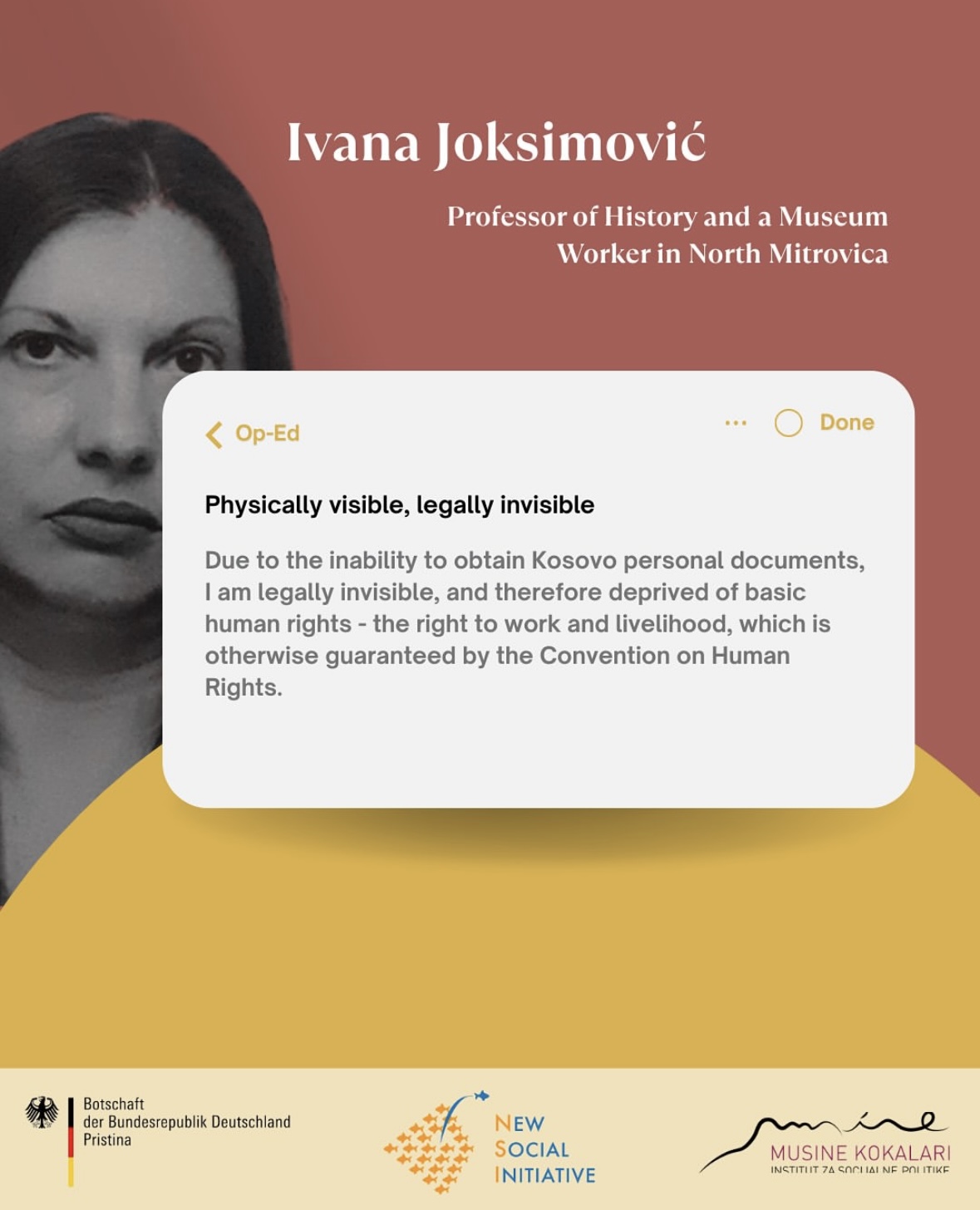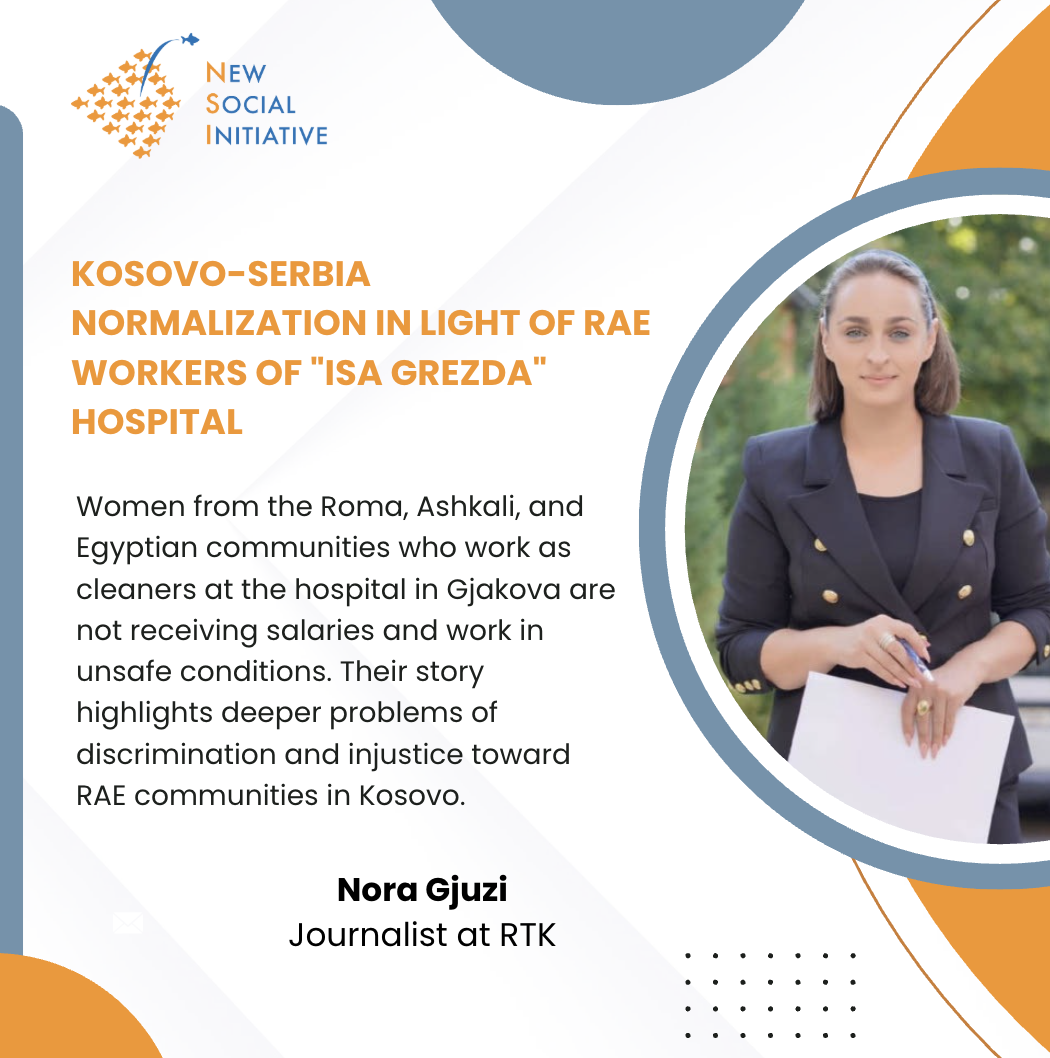Kosovo voters are facing the seventh parliamentary election in 18 years and, as expected by many, the most uncertain so far. The uncertainty is reflected not only in who the winner of the election will be, but also in the changes that may follow the election. For the first time, after nearly two decades, the dominant PDK may become part of opposition, while on the other hand, for the first time in 14 years of active political activity, the Self-Determination movement may become part of the executive branch in Kosovo.
When it comes to winning the election, polls ahead of the election give an insignificant advantage to LDK, party of the former Kosovo Prime Minister Isa Mustafa, which is testing the level of sexism in the Kosovo public by naming the first female candidate for prime minister of Kosovo, Vjosa Osmani. The most optimistic polls predict up to 29% support to this option from Kosovo voters, followed by Self-Determination with 24% and PDK with 21%.
Whether LDK or Self-Determination will be the first-ranked or second-ranked party is of less importance now, since it seems very likely that these two parties might be forming a post-election coalition, and, according to sources close to Self-Determination, this party is ready to give up the prime ministerial seat if they are assigned the Ministry of Justice, the Ministry of Finance and the Ministry of Internal Affairs in the future government.
From the beginning, Self-Determination has been building a base for political support on nationalist slogans (most visible to the Serbian community), but also on a firm stance against corruption and dealing with structures that, as they see it, have “captured institutions” (which are attitudes with a much larger echo in the Kosovo Albanian community).
However, the realistic prospect of a serious shift of power in Pristina institutions is accompanied by a certain amount of caution, so that there is no visible euphoria or indication of strong winds of change in the Kosovo’s public. The reason for this is the inexperience of Self-Determination in governance, but also what is seen as the potential autocratic traits of its leader, Albin Kurti.
Self-Determination has been sending messages for years about the need to deal with corruption and the leaders of the so-called war wing, but there is a dose of unscrupulousness in these announcements of vigilante justice stand off with the cancer of the society that leads many to think that this movement could resort to abuse of authority and get directly involved in the justice system, to ensure an effective and prompt fulfillment of their long-standing promises. There is also a concern rising with this presentiment, that this would be just a new form of usurpation of institutions and putting them in the service of dealing with political opponents. Not that such a showdown would not be justified, but any moderate citizen (or fan of tormented heroes comics) will rightly ask him/herself – will it end with this ?
And, while the concern of the Albanian part of the Kosovo society is the autocratic potential of Kurti, the Serbian side is only interested in whether they will have someone to dialogue with.
The dialogue of Berlin and Washington
Although announced as the year of an agreement, 2019 is nearing its end and no formal meeting has been recorded within the dialogue with Pristina, due to the Kosovo government’s decision to introduce tariffs on goods from central Serbia and BiH in November last year, in response to diplomatic efforts of Serbia to prevent Kosovo’s membership in INTERPOL and to urge certain states to reconsider their decision about the recognition of Kosovo. However, the fact that no negotiations were held this year does not prevent more optimistic members of the international community, most notably US State Department officials, from believing that negotiations will continue after the formation of a new government in Pristina.
While dialogue is the topic of all topics for the Serbian community, parties representing the majority community in Kosovo generally avoid deciding on this issue. The only exception is Ramush Haradinaj, AKR leader and Kosovo’s outgoing Prime Minister. He has continued his policy since last November, hoping that Serbia will recognize Kosovo in return for abolishing tariffs on import of Serbian goods – the market for recognition – as he describes that policy of his, which is, if he and his brother, a former MP, Daut Haradinaj, are to be believed, the reason why Haradinaj was summoned in July to give the Special Court a testimony as a suspect and why he resigned.
With slogans “100% Kosovo, 100% state,” Haradinaj is trying to animate his voters, but it should not be forgotten that even ahead of the early parliamentary election in 2017 Haradinaj was part of the opposition that overthrew the government of Isa Mustafa, among other things, because of the demarcation agreement with Montenegro. At the beginning of that year, he swore to defend 8.000 ha of Kosovo territory, and by the end of that year, as soon as he became the Prime Minister, the adoption of the Law on Ratification of the disputed agreement with Montenegro was one of the first things approved by the new assembly.
Other political parties in Kosovo have also shown a degree of flexibility at some point of their political activities, it is only not known what to expect from Self-Determination, which did not have the opportunity to be in power. However, judging by the announcements of the leader of this political option that the future government, which, he believes, they will be part of, could suspend the decision on the tariffs and introduce “reciprocity measures” to Serbia, it is not unlikely that they will also be more pragmatic than their most loyal voters would expect.
All this leads to an opinion that reaching an agreement will not depend so much on who is sitting on the opposite of a Serbian delegation, but whether international representatives in the new round, primarily the US and Germany, will harmonize their parameters within which an agreement must be reached.
The critical public has long been assessing that the German side is strongly opposed to changing borders as a model of reaching a final agreement, while part of the US administration is somewhat more constructive in this approach. Also, recognition is not an imperative for the Germans, while for the Americans it is. It remains to be seen how realistic it is for these unconfirmed attitudes of the two centers of power to come closer to each other.
Serbian political scene in Kosovo
When it comes to the Serbian political representatives running for office in Kosovo institutions, the victory of Srpska (Serbian) List is certain, while the only question is the possibility of one or two political options also winning one of the 10 seats intended for parties representing Kosovo Serbs. The number of votes for the so-called “minority threshold” will depend on the turnout of Serbian voters and in the past years it ranged between 2,000 and 3,000 votes per parliamentary seat. The Independent Liberal Party and the Freedom Coalition have the greatest chance of winning at least one parliamentary seat.
However, when it comes to the dialogue, in spite of messages from Srpska List and representatives of the Office for Kosovo and Metohija, saying that winning all 10 seats can be the “wind at the back” of Serbia’s chief negotiator, President Vučić, and strengthen Serbia’s negotiating position, the truth of these claims is questionable.
Srpska List began its last term with 3 ministerial seats and 10 parliamentary seats in Srpska List parliamentary group, joined by one Gorani MP, which is a representation that has not been recorded since the Return Coalition in 2001, and progress in the dialogue was still lacking, while the coalition partners of Srpska List made a series of decisions deemed harmful to the Serbian community, such as the decision on tariffs and the transformation of the KSF.
As with the majority parties, it seems that the allocation of seats for Serb parties in the Kosovo Assembly will not have a significant impact on the further flow of the dialogue.











